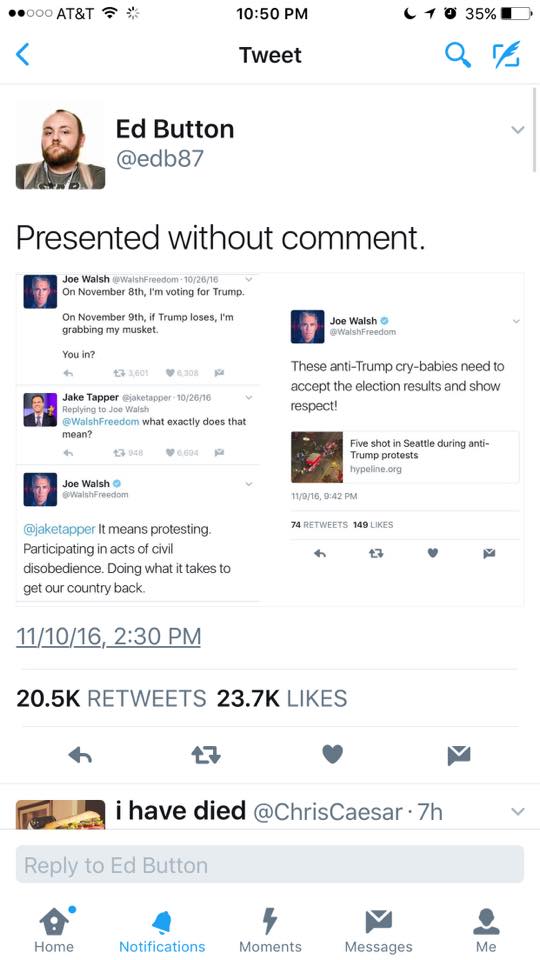It’s something of a trope here in Alberta to blame our Premier for stuff she couldn’t possibly be responsible for. Many of her critics will, in all seriousness, blame her for failings (perceived or real) for things not in provincial jurisdiction, like homelessness (which is municipal), refugee resettlement (which is federal), federal income tax increases (which is obviously federal), public transportation (municipal), trade deals (federal) or Celine Dion(?).
Our previous administration put all our eggs in one basket, which has resulted in a tumultuous economic climate contingent on the precarious whims of the global market for oil. But, you know, it’s her fault Saudi Arabia is undercutting our oil.
And the wildfire. Don’t get me started. Not allowing foreign planes into an airspace with 0% visibility because, you know, millions of trees are on fire is… is… negligence! Impeach! Impeach!
So Alberta’s progressives, and even Notley’s more even-handed critics, have taken the piss out of #ThanksRachelNotley with the help of The Beaverton.
“Rachel Notley convinced my dog to eats its own poop.”
-Shiv

